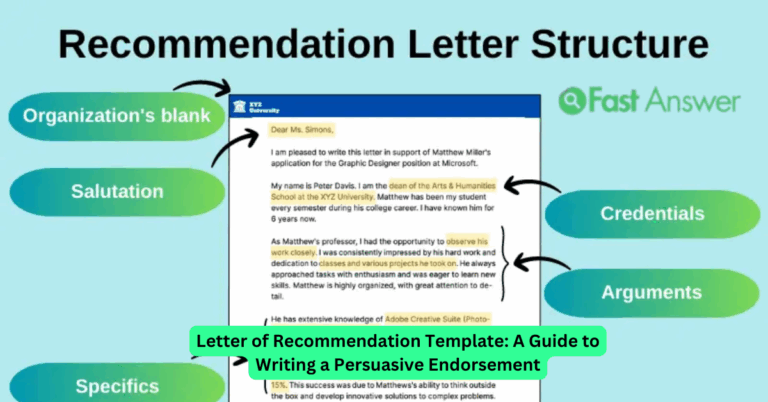Education Leadership Degree Programs: Empowering the Future of Learning
Education leadership degree programs are designed to equip current and aspiring educators with the tools to lead change across schools, districts, and educational systems. As classrooms evolve with digital technology, diverse student populations, and increasing accountability, the demand for strategic, empathetic, and innovative leaders is rising. These programs offer in-depth training in school administration, instructional improvement, policy development, and organizational management. Whether you’re a teacher aiming for a principal role or a professional exploring higher education leadership or policy reform, an education leadership degree can prepare you to shape and improve learning environments for generations to come.
What Makes Education Leadership Programs So Relevant Today?
Education is no longer just about delivering content—it’s about guiding entire institutions through transformation. Leaders must navigate shifting student needs, integrate digital tools, manage staff morale, and ensure academic excellence while promoting equity. Education leadership degree programs respond to this complexity by providing a multidisciplinary approach that includes strategic planning, ethical decision-making, cultural responsiveness, and instructional supervision.
These programs also emphasize real-world application. Students are encouraged to explore leadership theories in the context of practical challenges they face in their own schools or organizations. Whether taken online or in person, today’s programs are designed with flexibility in mind, offering working professionals a pathway to leadership without pausing their careers. The goal is to shape reflective practitioners who can think systemically, act decisively, and lead compassionately.
Key Learning Areas That Prepare You to Lead Effectively
A strong education leadership degree covers more than just administrative duties. Core areas typically include school law, budgeting, human resources, curriculum design, and data-informed decision-making. You’ll also explore topics like inclusive leadership, community engagement, and change management—critical skills for building a positive school culture and navigating resistance to reform.
Some programs also integrate coursework on education technology and digital transformation, preparing leaders to evaluate and implement learning tools effectively. Fieldwork or internships often provide hands-on experience, allowing students to shadow principals, lead projects, or conduct research that aligns with district goals. These experiences bridge the gap between theory and practice, helping graduates enter leadership roles with confidence and credibility.
Who Should Consider Pursuing an Education Leadership Degree?
Education leadership degree programs are ideal for professionals ready to move from classroom teaching or support roles into leadership positions. This includes current teachers, instructional coaches, school counselors, curriculum coordinators, or aspiring administrators. The degree is often a requirement for licensure as a principal or superintendent in many states and is also valuable for individuals interested in policy advocacy, nonprofit management, or higher education leadership.
These programs also suit mid-career professionals from adjacent fields—such as social work, organizational consulting, or training and development—who want to enter the education space with a leadership lens. By offering both foundational knowledge and specialized tracks, many programs allow students to customize their studies based on their goals and experiences.
The Long-Term Value of an Education Leadership Degree
Investing in an education leadership degree pays off in multiple ways. Beyond eligibility for higher-paying roles, the degree opens doors to broader influence. As a leader, you’ll have the authority to implement curriculum changes, advocate for underserved communities, shape professional development plans, and redesign systems for better student outcomes.
In today’s environment, where education is often at the center of political and social conversations, effective leaders are needed to bridge policy and practice. Graduates of leadership programs often find themselves contributing not only to their schools but also to district-wide initiatives, national think tanks, or education technology startups. The ability to guide learning at a macro level is what makes this degree a transformative asset for those looking to expand their impact.
How to Choose the Right Education Leadership Program
Selecting the right program depends on your goals, experience level, and preferred learning format. Look for accredited institutions with a strong reputation for educator preparation. Consider whether the program includes licensure support, field placements, and faculty with relevant leadership backgrounds. Online or hybrid formats are especially helpful for working educators, but make sure they offer robust interaction and mentorship.
You’ll also want to assess each program’s focus. Some are more practice-oriented, ideal for aspiring principals or superintendents. Others lean toward policy, research, or higher education, which may suit those aiming for academic or nonprofit careers. Reviewing the curriculum, alumni outcomes, and opportunities for applied learning can help you find the best fit.
Frequently Asked Questions
1. What career paths are available with an education leadership degree?
You can pursue roles such as principal, assistant principal, district administrator, curriculum director, nonprofit education manager, or higher education dean, depending on your specialization.
2. How long does it take to complete the program?
Most master’s-level programs take 18–24 months to complete, while doctoral programs typically take 3–5 years, often part-time while working.
3. Do I need teaching experience to apply?
Yes, most programs require applicants to have professional teaching or education-related experience before stepping into leadership preparation.
4. Are education leadership degrees offered online?
Many accredited institutions offer fully online or hybrid programs designed for working professionals, with the same academic rigor as in-person formats.
5. Is licensure included in these programs?
Some programs include pathways to principal or superintendent licensure, especially if they align with state certification requirements. Always check with the school for details.

